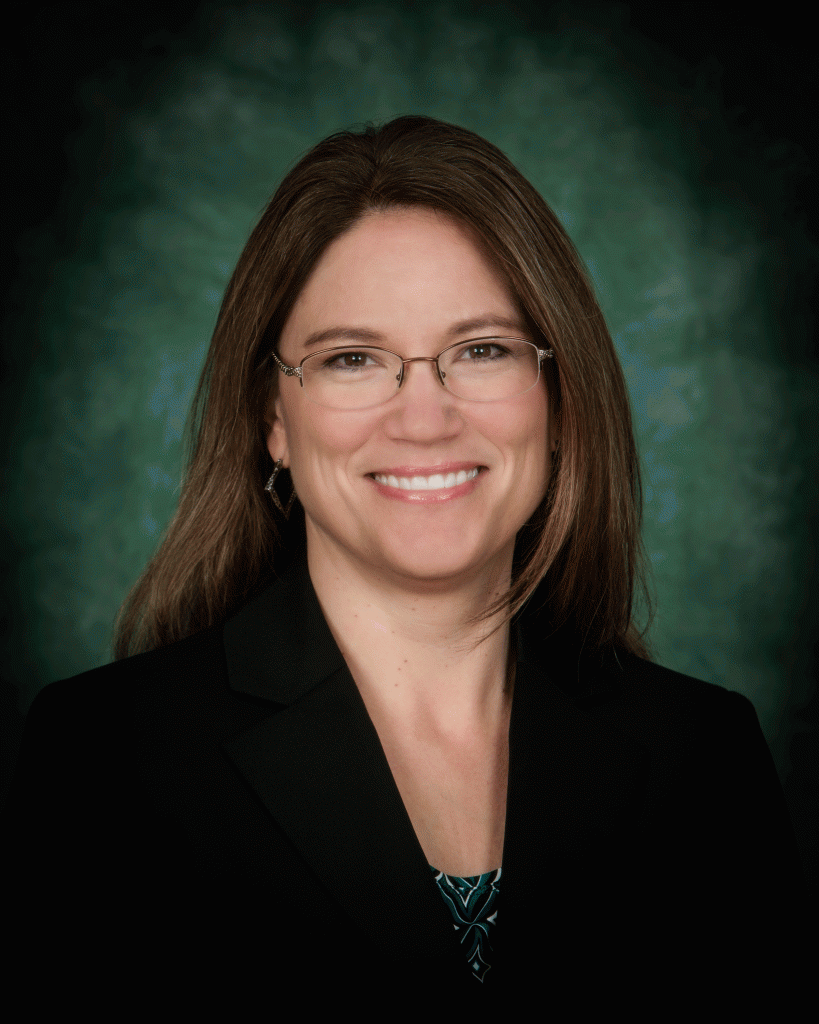
President Harvey Stenger appointed Pamela Mischen, associate professor and director of the center for applied community research and development, to the newly founded position of faculty adviser to the president in an attempt to improve communication.
According to Stenger, the faculty adviser to the president provides advice and assistance in a number of areas, specifically on faculty and community-related issues.
Before the creation of the faculty adviser to the president, a faculty member served as deputy to the president and acted as a liaison between administration and faculty. The deputy position was split up, with many of the duties being reassigned to Terrence Kane, chief of staff and assistant vice president for government relations, and Mischen assumed all community issues.
The faculty adviser position entails working approximately one day per week, compared to the full-time deputy position.
As faculty adviser to the president, Mischen represents Stenger on a number of committees. According to Mischen, she sits on the University Undergraduate Curriculum Committee and the Bylaws Review Committee, both of which are committees of the Faculty Senate and the Campus Climate Committee.
“In all of these roles I come into contact with faculty from throughout the University,” she wrote in an email. “When I hear of an issue that needs to be brought to the President’s attention, I am able to do that.”
However Howard Brown, faculty senate executive committee chair, said Mischen doesn’t represent the faculty senate.
“The Faculty Senate plays no role in choosing the Faculty Advisor to the President; therefore, the faculty member who serves in that role does not serve as a representative of the Faculty Senate,” Brown wrote in an email.
Stenger also insisted that the faculty adviser to the president has no role with Faculty Senate, and the two are mutually exclusive.
Mischen said her main advantage in the position is her background in public administration.
“One of my goals this year is to conduct a community impact assessment that quantifies the many ways that Binghamton University and its students, faculty, and staff contribute to the quality of life of the region,” she wrote.
Stenger said Mischen will serve as another line of communication for anyone who wants to bring an issue to him.
“I am personally able to take most communications directly, but if I am out of town, or working on other issues, Pam can be a liaison for me to help people more quickly,” he wrote in an email.
Despite her new position, Mischen said that Stenger faculty should feel comfortable going directly to the president.
“I am not a gatekeeper to the President,” Mischen wrote. “The President tries hard to be accessible and I know that he will continue to do so.”


